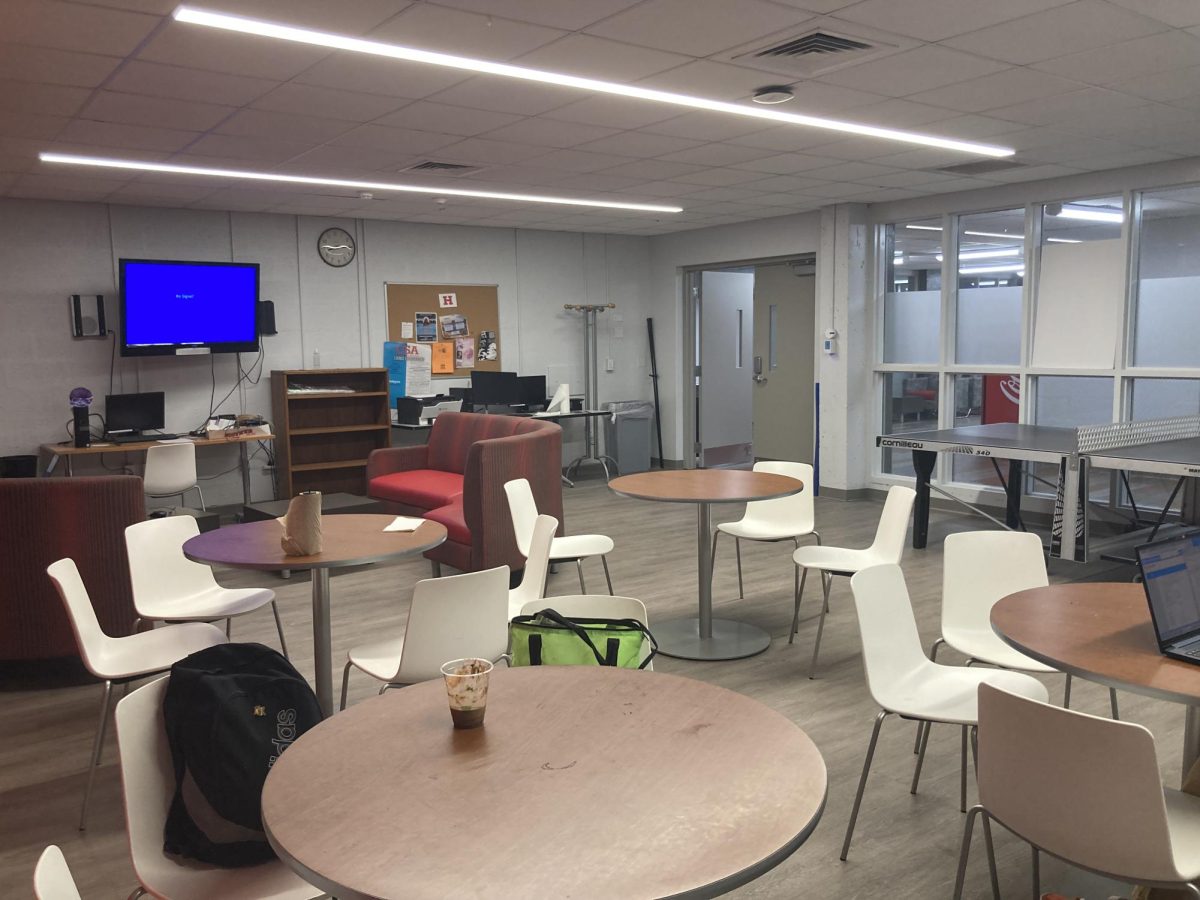
Many college students grapple with the daunting task of managing their finances, often finding it challenging to make ends meet with tight budgets. One significant hurdle in their financial journey presents itself when it comes to purchasing essential items on campus, where the steep price markups at stores like Konover create an undue burden on students.
While it’s understandable from the university’s perspective to generate profits, the excessive markups on necessities remain difficult to justify when the negative impact on the students is taken into consideration. The argument that students can explore off-campus alternatives or rely on weekend town shuttles needs to adequately address the immediate needs of those facing urgent situations on regular weekdays, especially for those without convenient access to transportation beyond on-campus stores.
A significant number of students rely on the dining dollars that accompany mandatory meal plans at Konover. However, the problem arises when these price hikes significantly diminish the purchasing power of dining dollars. Despite being portrayed as a form of currency exclusively for university-related purchases, in reality, it feels more like an imposed fee for the privilege of spending money within the university—a notion lacking both logical reasoning and fairness. I think that the university should work to reduce the price hike. I am not advocating for its total eradication, but I am certain that a reduction would greatly benefit the student community.
The university needs to consider a more student-friendly approach. While recognizing the need for the institution to generate revenue, advocating for a reduction in the price hike rather than its total elimination seems like a reasonable compromise. Such a measure would alleviate the financial strain on the student community, fostering a more supportive and equitable campus environment.




